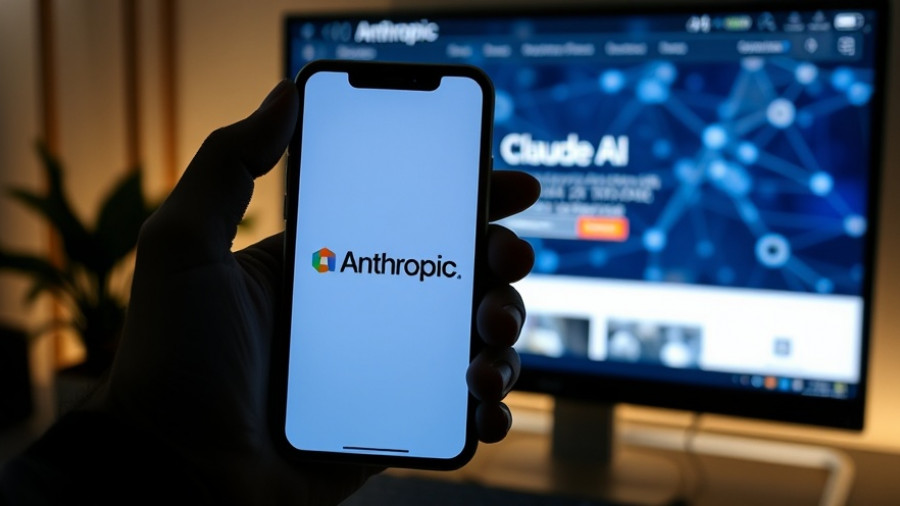
Claude’s Leap into Browser-Based Coding
Anthropic has made significant strides with its innovative coding assistant, Claude Code, now extending its reach beyond traditional terminal environments to browsers, paving the way for more accessible and adaptable coding experiences. This evolution is aligned with the trend of agentic coding tools, offering developers a wider range of capabilities and flexibility in coding tasks.
Enhancements in Functionality with Claude Code
With Claude Code now available via the web and mobile applications, developers can initiate code tasks directly from the Claude.ai platform. This new functionality means users can point Claude towards their GitHub repositories and easily delegate coding tasks. Rather than juggling between the terminal and various coding environments, developers can simply start a project on their mobile device, take a break, and return to find Claude has made progress on the assigned tasks.
Introducing Real-Time Steering for Enhanced Control
The latest updates include a real-time steering feature that allows developers to guide Claudia in the midst of its operations. This flexibility grants developers substantial oversight over multiple tasks without needing to pause Claude's workflow. This delegation model aims to enhance productivity by allowing developers to manage coding efforts as if they were overseeing a team of assistants. With workflows happening in parallel, this strategy not only speeds up programming tasks but also mirrors advanced project management practices.
Simplifying Agentic Coding with Best Practices
As Anthropic continues to optimize Claude Code for use in diverse coding environments, they emphasize the importance of establishing robust practices. According to Anthropic's best practices document, customizing setups and using specific files like CLAUDE.md can significantly improve interaction efficiency. These files can hold common commands and guidelines to keep Claude on track and enhance integration across various languages and environments.
These foundational practices are aimed at engineers who might be new to agentic coding tools, easing them into utilizing Claude's advanced capabilities. Developers are encouraged to document their experiences and preferences to cultivate optimal workflows within their teams.
The Security Frontier in Multi-Agent Environments
Anthropic’s commitment to security is paramount as Claude Code operates in a sandboxed environment. Each session is secured through a proxy service, ensuring that Claude only interacts with repositories it is authorized to access. This proactive approach to security mirrors practices seen with competitive tools and speaks to the growing need for safe coding environments as the use of AI in development proliferates.
Comparison with Competitors: Staying Ahead
As Claude Code evolves to web-based operations, it's essential to consider the competitive landscape that includes tools like Google’s Jules. Both aim to streamline the developer experience through AI integration, yet Claude’s approach focuses on enhancing functionality across mobile and web platforms. This differentiation positions Claude as a compelling choice in the rapidly evolving coding assistant market.
The Future of Coding with Claude AI
The enhancements and accessibility of Claude Code hold significant implications for coding practices in the near future. With its proactive positioning in terms of efficiency and security, Claude AI continues to redefine what is possible in programming environments. As Anthropic refines these tools further, the coding landscape is likely to transform, promising greater collaboration and productivity for developers.
In conclusion, as Claude Code transitions to browser capabilities, it invites developers to explore the ease and flexibility of agentic coding, enabling a new way of thinking about collaborative coding practices. This move not only enhances productivity but encourages innovation in how coding standards are applied in contemporary workflows.
 Add Row
Add Row  Add
Add 




Write A Comment